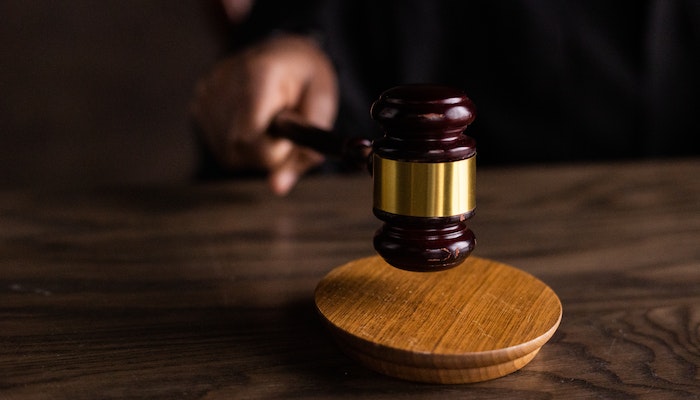
There are two different types of cases in the American legal system, namely civil and criminal. Investigation into criminal charges is performed when an individual commits an offense against the state, even if the harm is done to another citizen.
The state prosecutes these types of offenses. However, in civil cases, disputes are between two or more individuals regarding the legal responsibilities and duties they owe to each other. Those claims are disputed in civil lawsuits. Though there are some similarities between a civil and a criminal offense, there are also many differences. Let’s explore them.
Civil and Criminal Case Distinctions
When a person commits a crime, such as murder, it is considered an offense to society and the state. The state prosecutes crimes, and the prosecutor, not the victim, is who files the case in court as a representative of the state. In civil cases, the wronged party is responsible for filing the lawsuit. Some other notable distinctions between civil and criminal cases include:
- In a criminal case, the defendant is entitled to an attorney
- More often than not, criminal cases allow for a trial by jury
- Defendants are offered considerable protections under criminal law
- The standard of proof drastically differs in criminal cases versus civil cases
- In terms of punishments, criminal offenses and civil offenses are very different
Regarding civil cases, the punishments are usually monetary, or the losing party is ordered not to do something. These are known as injunctions. For criminal cases, the sentences are harsher. They involve jail time and monetary punishments in the form of fines.
Since criminal cases have more significant consequences, such as life in prison or the death sentence, those offenses have more protections and are thus harder to prove. Regarding the standard of proof, crimes are mostly proved “beyond a reasonable doubt.”
In civil cases, there are lower standards of proof, such as the preponderance of the evidence. These standards exist since civil liability is less severe, so the punishments are lesser than criminal cases.
When it comes to trials, criminal cases often allow for a trial by jury, while civil cases rarely allow juries. However, most civil cases are decided by a judge.
Examples of Civil and Criminal Cases
Let’s discuss some examples of civil and criminal law to better understand either branch of the law. Some civil law examples include custody disputes, bankruptcy, breach of contract, property damage, or defamation (such as in the case of Johnny Depp and Amber Heard).
Criminal law examples include homicide, obstruction of justice, assault, or possession of a controlled substance. Civil and criminal law can apply to the same case in some situations.
A famous example is the case of O.J.Simpson. Though the defendant had the criminal charges for murder dismissed, the victim’s family won the civil case (wrongful death) against him as the jury deemed that the standard of preponderance of evidence applied. The preponderance of evidence is used when the party with the burden of proof convinces the fact-finder that it’s more likely than not that a crime or offense occurred in a certain way.
Your Rights and Protection In Criminal or Civil Cases
You are entitled to an attorney if you have committed a criminal offense. The state must provide a public defender if a defendant can’t afford one. In civil cases, if defendants can’t afford an attorney, the state will not provide one. In this situation, you will have to represent yourself in civil cases.
Under the Fourth Amendment, defendants under criminal law are afforded protection against illegal searches and seizures. In a civil case, many well-known protections aren’t available to defendants.








